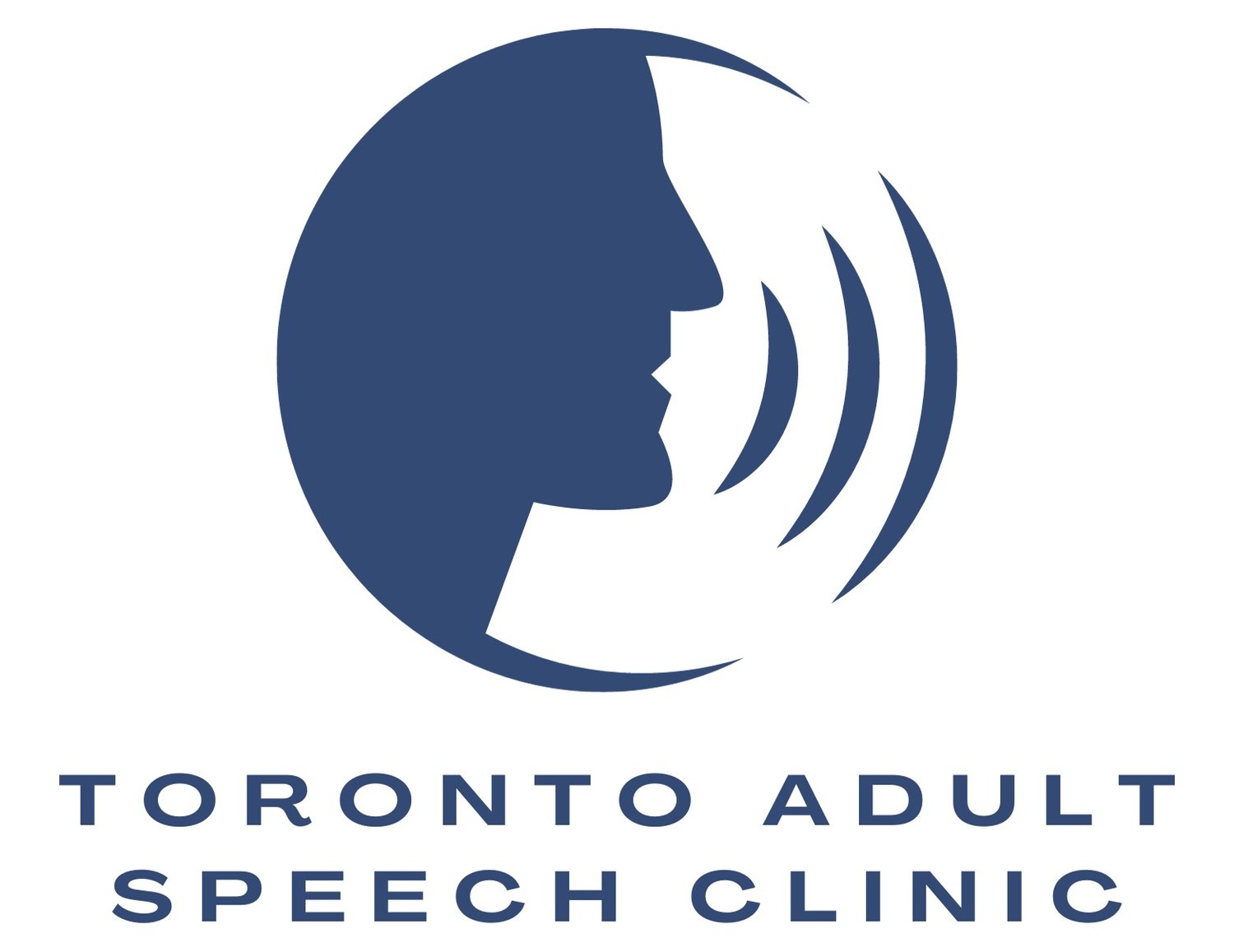Humidity and Your Voice
Humidity and Your Voice
Wetter is not always better
Hydration is one of the most effective ways to keep your voice healthy. Internal hydration refers to the water we consume and the other ways we impact our body’s ability to store/use water (sleep, medications, hormones, etc.). External hydration refers to the water that is found in the air we breathe (i.e. the humidity).
When we drink water (internal hydration), it travels down our throat but never enters the airway (thankfully). Instead, it enters the esophagus and heads towards the stomach and intestines where it can be absorbed and used in digestion. That means, we have to wait until our body decides where to send the water we drink, and hope some of that goes to the tissues that support our voice (like our vocal folds). More on this in a future post.
External hydration on the other hand, can be a more efficient and immediate way to support your voice with moisture. The vocal folds sit at the top of the airway and protect it (like sliding doors) from anything other than air entering the lungs. That means, that if the air we breathe has a high humidity/water content, you can guarantee the water is entering your mouth, throat, and passing over your vocal folds as you breathe in.
Our vocal folds are layered structures (hence the name “folds”) and their surface is covered in mucous. That’s what vibrates to make noise when we speak or sing- not the ligaments or muscles that are found under the mucous- so we need to keep this mucous wet and thin so it can vibrate easily!
To add moisture to the air you breathe, you can:
breathe in through the nose (so our sinuses and tissues in our nasal cavity can add moisture to the air before it reaches our vocal folds).
use a steamer or nebulizer (check out our article on the differences between them)
keep a humidifier at bedside and/or in the room you use the most when you are using your voice
The takeaway so far? Adding humidity to the air is great for the voice… in most cases.
The exception to this rule is when you pair high humidity with heat.
When our bodies get hot, they use more water to try and regulate our core body temperature so that we don’t overheat. One of the ways they do this is by pumping more blood towards the skin so that we can offload some of the heat (hence why we get red when we get hot). The effect of this is that our heart is working harder (not good if we have a previous heart condition or are more susceptible to these kinds of changes) and that often comes with our breathing rate increasing slightly. When breathing rates increase automatically, our breath then becomes harder to control and we may notice an increase in tension or fatigue of our breathing muscles (not great if we have to be using them to support our voice!) and a more narrow throat and airway.
The second thing that happens when we are using more water to not overheat, is that our body doesn’t send as much moisture to our internal tissues (like muscles) because it’s busy focusing on sending that water in the blood to our extremities. This is why we can get muscle cramps in hotter conditions and excess fatigue. It also means that despite the humidity in the air we are breathing over our vocal folds, the tissues of our vocal folds aren’t getting the water they need internally to function! The vibration happens by way of wet mucous, but every other function (opening and closing, tensing and relaxing) that allows the voice to create enough pressure to vibrate, change pitches or volume, etc. can be impacted.
So if you are finding yourself in a “high heat-high humidity” situation, be aware of these possible impacts and sensations. It is common to get some enjoyment and external hydration from a hot shower or steam rooms (wet saunas). You don’t have to be afraid of these kinds of hot and humid environments. They can have other benefits for your body (outside of my scope to comment on).
Here’s what I recommend:
Limit your prolonged exposure to these situations
Check-in frequently for signs that your body may be overheating (headaches, cramps, increased heart rate, etc.- talk to your doctor for more information)
Remember to keep yourself internally hydrated by drinking enough water
Monitor anything else that might impact your body’s ability to use or store water
Avoid these environments in close proximity to big days of voice use (e.g. long days of back-to-back meetings, speaking engagements, performances, etc.)
Remember, voice care is as important after voice use as before. Healthy and hydrated vocal folds are needed for our voices to perform and to recover from high intensity.
If you have any other questions about how to make sure you are keeping your voice hydrated, reach out to a speech-language pathologist. We’re here to help.
Contact us here. Or book an initial consultation to speak to a speech-language pathologist one-on-one.

